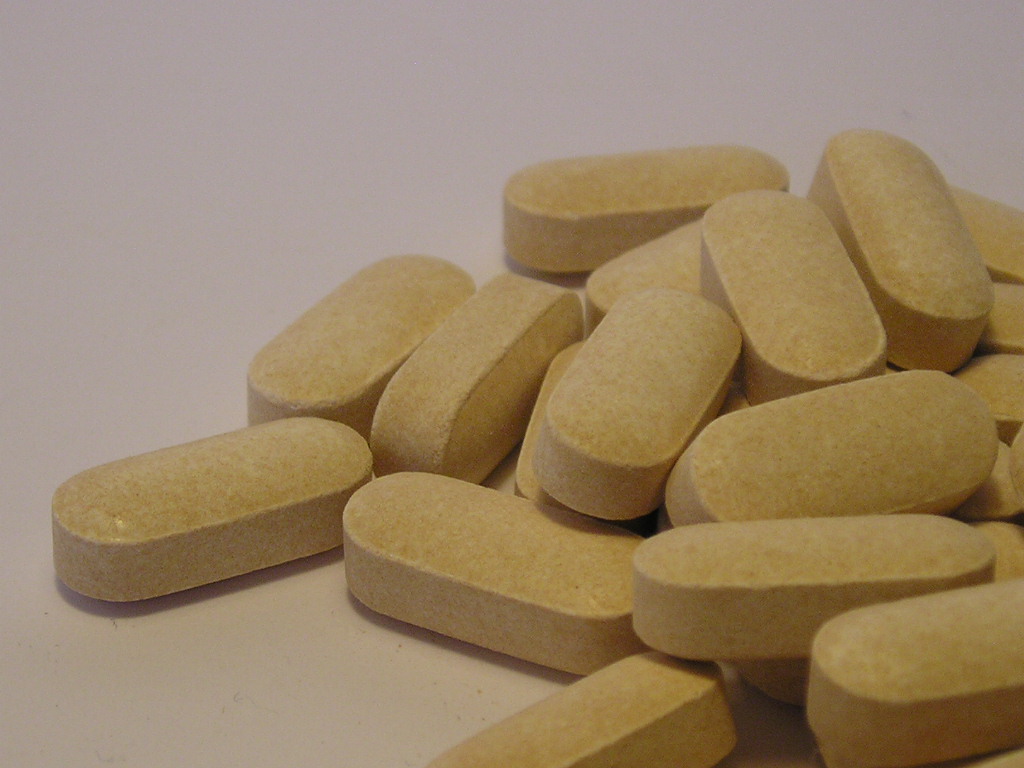Visante’s analysis of more than 800 drugs that would likely be affected by legislation restricting MACs revealed that restrictions could increase generic drug costs by 31 to 56 percent. States that restrict MACs could see a 2 percent increase in drug costs. Additionally, if MAC legislation was passed throughout the nation, generic drug spending could increase by up to $6.2 billion a year.
A MAC is the maximum amount that a health plan will reimburse a pharmacy for a certain generic prescription. Pharmacies that are in a plan’s network must accept the MACs that the plan has set. It is a savings tool that large employers, Medicaid, Medicare and other plans use to prevent overpayments for generic medication.
Generic drugs sometimes have inflated manufacturer's list prices that do not show how much a pharmacy actually paid for the product. Without MACs, pharmacies could make extra profit by selling generic drugs at the maximum list price.
According to analysis by the Health and Human Services' Office of Inspector General, MACs are very efficient in containing the price of Medicaid drugs.













 Alerts Sign-up
Alerts Sign-up